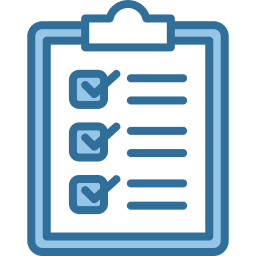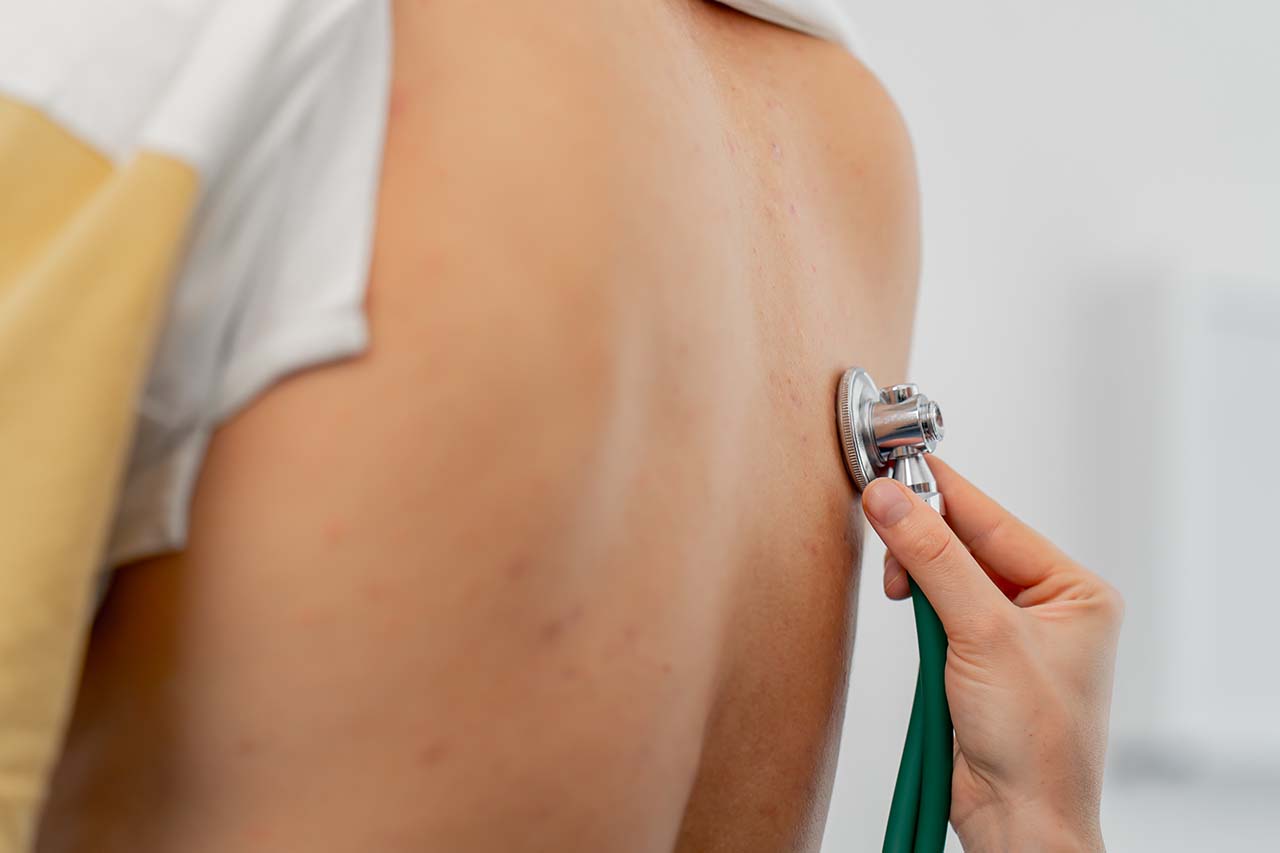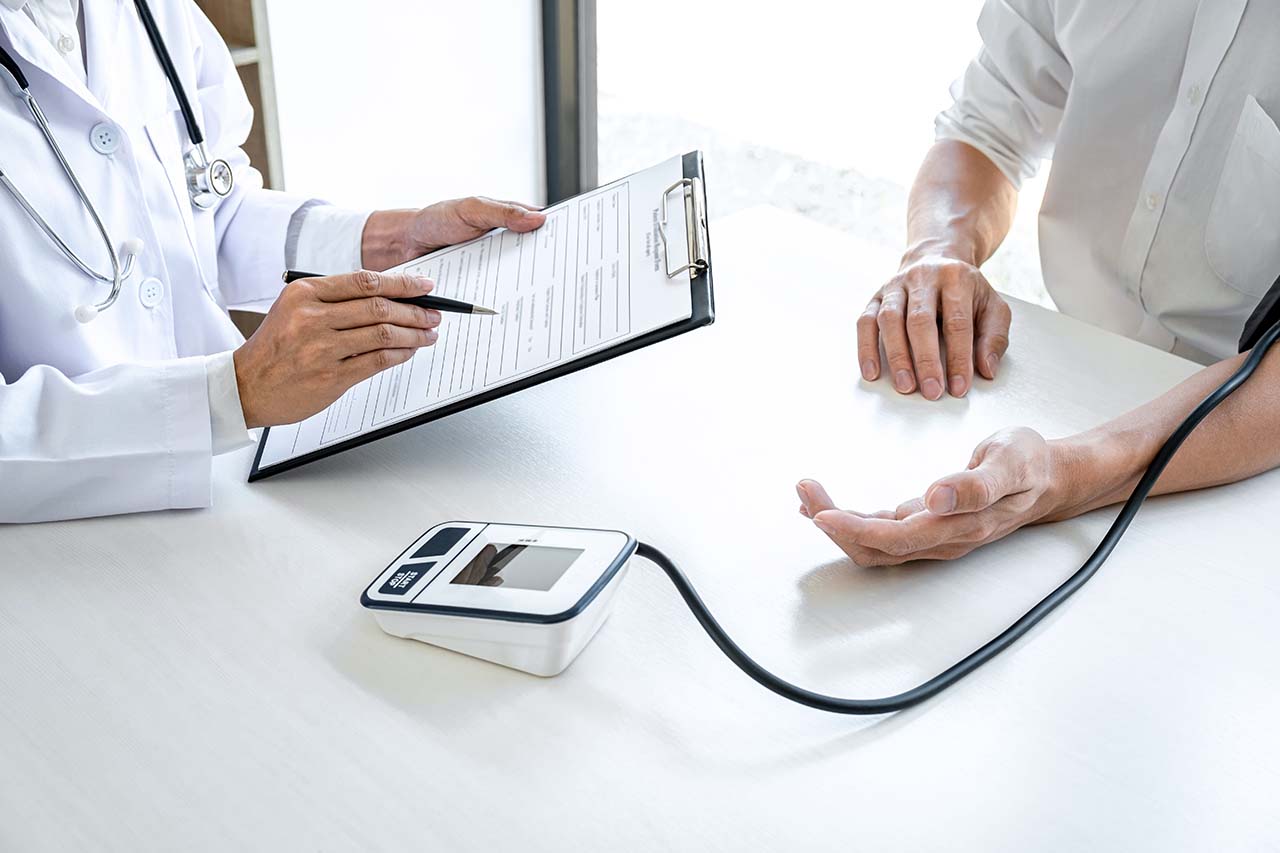OTHER SERVICES
Pulmonary Function Testing
What is Pulmonary Function / Spirometry Testing?
Pulmonary function testing (PFT) such as Spirometry are non-invasive tests that measures how well your lungs are working. Spirometry testing is essential for diagnosing conditions such as asthma, chronic obstructive pulmonary disease (COPD), and other respiratory disorders. PFTs are also used for individuals working in environments with potential respiratory hazards, such as construction sites and factories, where inhaling dust, fumes, or chemicals can impact lung health.
Regular pulmonary function tests help identify lung conditions early, allowing for timely medical intervention. They also play a crucial role in workplace safety and compliance, ensuring that employees can perform their duties without putting themselves or others at risk.
Who Needs Pulmonary Function Testing?
Pulmonary function testing is often required for individuals who work in environments with respiratory hazards, such as miners, construction workers, and chemical plant employees.
Physicians may also recommend PFTs as part of pre-employment screenings or routine medical evaluations for specific professions, such as firefighters and industrial workers.

What to Expect For Your Visit
Testimonials
Book your Appointment
- 401-519-5368
- 390 Broadway Providence, RI 02909
Pulmonary Function Testing FAQs
Why Does OSHA require PFTs?
- To ensure employees can safely wear respirators
- To establish a baseline for workers who may be exposed to respiratory hazards
- To track lung function over time
- To evaluate workers who may have respiratory disease
What do PFTs measure?
- Spirometry: Measures how much air a person can exhale, and how quickly
- Diffusion capacity: Measures how well oxygen moves from the lungs into the bloodstream
- Lung volume: Measures how well a person can inhale
Who performs PFTs?
- A licensed healthcare professional
When are PFTs performed?
- Before a worker is assigned to a job that may expose them to respiratory hazards
- Before a worker is fit-tested for a respirator
- To track lung function over time
- To evaluate workers who may have respiratory disease

